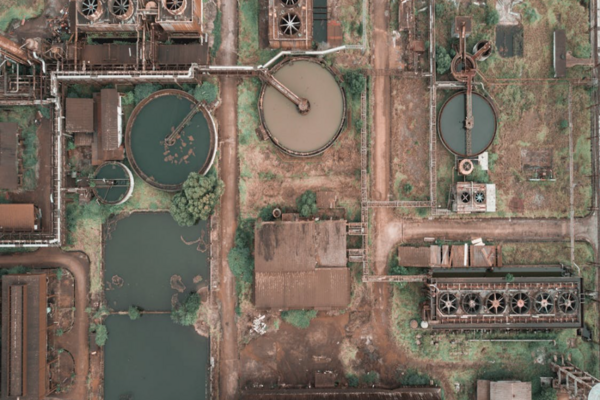Malaysia and Japan are strengthening their energy cooperation with a focus on hydrogen energy development. This was announced during Japanese Prime Minister Shigeru Ishiba’s recent visit to Malaysia. Malaysian Prime Minister Anwar Ibrahim confirmed that Japan has agreed to support Malaysian energy firms Petros and Petronas in advancing hydrogen energy projects.
The Malaysian leader stated that both countries aim to expedite this collaboration. A potential timeline for further discussions was suggested for May 2025, to take place in either Tokyo or Kuala Lumpur.
The partnership will also include joint efforts in carbon dioxide capture and storage, ammonia-based power generation, power grid development, and technical cooperation in ocean thermal energy conversion. Both nations are exploring cooperation in the biomass sector as well as hydrogen-related technologies.
Malaysia has already been working on several renewable energy projects. One of the initiatives is the LSS MenTARI (Large-Scale Solar) Programme, launched to encourage the adoption of solar energy. As of 2023, the programme has an installed capacity of over 1,000 MW.
Another major project is the Bakun Hydroelectric Dam in Sarawak. It has an installed capacity of 2,400 MW, making it one of the largest hydroelectric plants in Southeast Asia. The Mukah Biomass Power Plant, also in Sarawak, uses biomass waste such as palm oil residues to generate 10 MW of power.
Malaysia is also exploring wind energy on a smaller scale. The Pulau Perhentian Wind-Solar Hybrid System combines solar panels and wind turbines to provide energy to the island’s population. Japan is a recognized global leader in hydrogen energy technology. Its experience in hydrogen fuel cells and infrastructure development is expected to assist Malaysia in achieving its energy goals.

